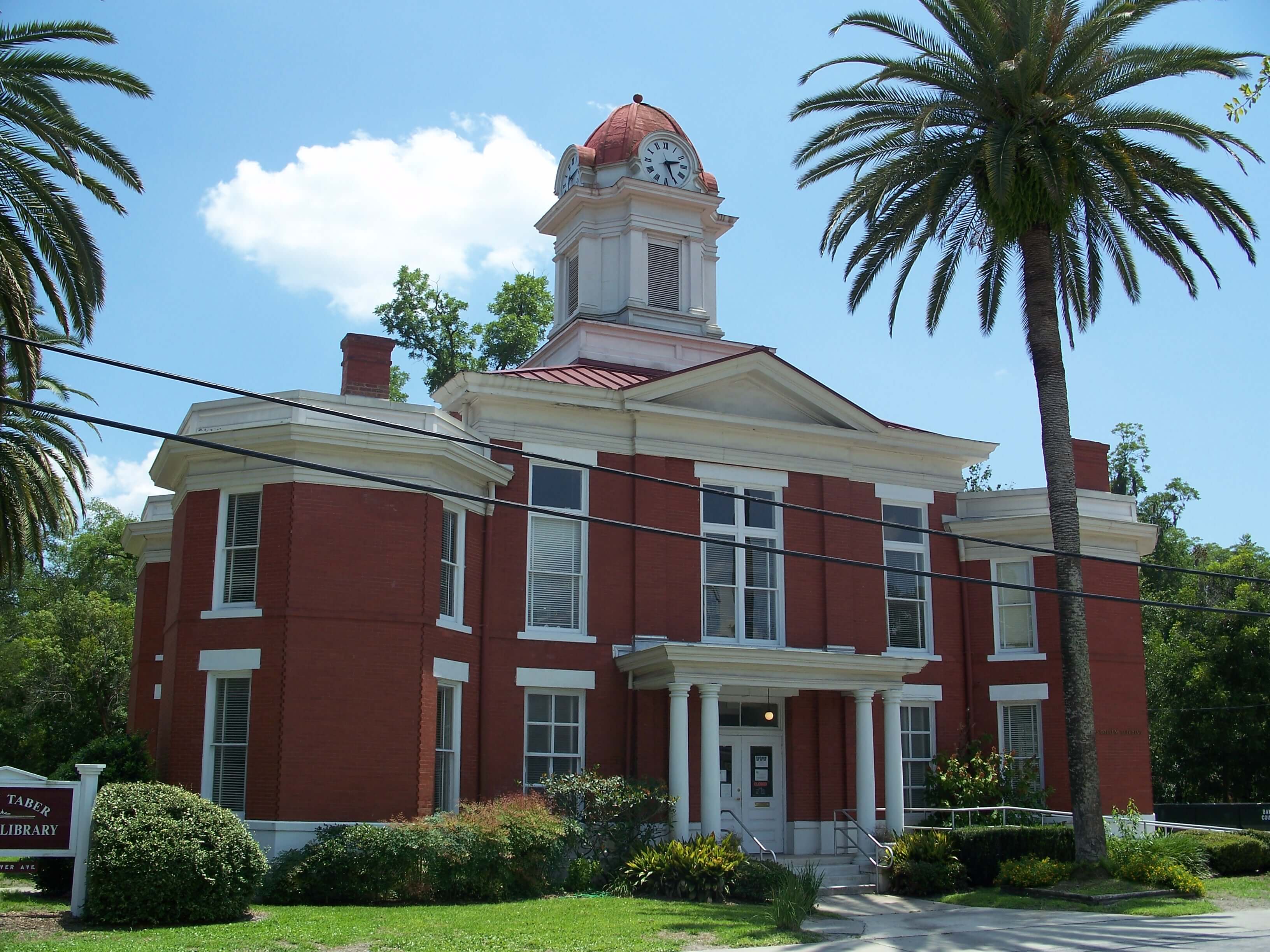Acquiring a liquor license in Okaloosa County, Florida, is a crucial step for entrepreneurs looking to open a bar, restaurant, or any establishment serving alcoholic beverages. The process can be intricate, involving several steps and compliance with both state and county regulations. This article provides an overview of the key aspects involved in securing a liquor license in Okaloosa County.
Understanding Liquor License Types
Florida offers various types of liquor licenses, each tailored to different business models. Common categories include licenses for restaurants, bars, package stores, and special events. The most relevant types for many businesses in Okaloosa county liquor license are the SRX (Special Restaurant License) and the 4COP (Consumption on Premises) license.
The SRX license is ideal for full-service restaurants where food sales exceed a certain percentage of total revenue, making it more accessible for establishments primarily focused on dining. On the other hand, the 4COP license is suitable for bars and lounges, allowing the sale of all types of alcoholic beverages for on-site consumption.
Application Process
The application process begins with the Florida Department of Business and Professional Regulation (DBPR). Applicants must submit detailed information, including business plans, financial statements, and background checks. The DBPR will also require a floor plan of the establishment and proof of the right to occupy the premises.
A critical aspect of the application is zoning approval from Okaloosa County. The county's zoning department ensures that the location complies with local land use regulations. This step is vital as certain areas may have restrictions on liquor sales, particularly near schools, churches, and residential neighborhoods.
Public Notice and Community Input
Once the initial application is complete, the next step is to publish a notice of intent to apply for a liquor license in a local newspaper. This notice serves to inform the community and allows for public input. Community feedback can significantly impact the approval process, especially if there are objections from nearby residents or businesses.
Inspections and Final Approval
Following the public notice period, several inspections are required to ensure the establishment meets all health and safety standards. These inspections may include checks by the Fire Department, Health Department, and the Building Department. Successful completion of these inspections is crucial for final approval.
Upon passing all inspections and receiving no significant objections from the public, the DBPR will issue the liquor license. This license must be prominently displayed at the business premises. It is essential to note that liquor licenses in Florida are subject to annual renewal and ongoing compliance with state and local regulations.
Considerations and Costs
Obtaining a liquor license in Okaloosa County involves substantial costs, including application fees, legal fees, and the cost of the license itself, which can vary significantly depending on the license type and market conditions. Business owners should also consider the potential impact of license limitations on their business model and plan accordingly.
For More Info :-
Buy collier county liquor licenses






Comments